Although there is certainly a lot to worry about in Trump’s approach to foreign policy, write David Gordon and Michael O’Hanlon, there are several hopeful signs. They argue that Trump’s critics need to remember these facts, and support his good decisions, even as they voice strong critiques when he goes astray. This piece originally appeared in the Washington Post.
President Trump’s foreign policy has been taking a shellacking lately. With his insensitive tweets after the terrible June 3 attacks in London, ongoing allegations of improper ties between his presidential campaign and the Russians, and ill-advised intelligence disclosures, the new president’s second 100 days in office are not going any easier than the first 100. Of course, much of the brouhaha is Trump-induced. And there is perhaps an element of poetic justice in seeing a man who insulted his way to the presidency paid back in kind. But the nation’s politics will be further dragged down—and Trump’s critics will be less likely to influence his future policies—if things become so poisoned that every debate ends up in a zero-sum shouting match between the White House and its critics.
Although there is certainly a lot to worry about in Trump’s approach to the world (leaving aside his domestic policies, a separate and equally serious subject), there are several hopeful signs. His critics (including us) need to remember these facts, and support his good decisions, even as we continue our strong critiques when he goes astray.
First is the quality of his national security team—which Trump handpicked, to his credit. The top advisers appear collectively as good as any in modern U.S. history. But the widespread sighs of relief that were almost audible when Jim Mattis, Nikki Haley, H.R. McMaster, John F. Kelly, and Rex Tillerson joined the administration have stopped. Indeed, some critics have even called for their resignations (which would be deeply counterproductive). An inner circle of White House advisers with extreme views complicates things, of course. But national security adviser McMaster has successfully persuaded the president not to include the firebrand Stephen K. Bannon on the National Security Council, among other encouraging steps.
Trump’s national security team has already walked back many of candidate Trump’s controversial, even dangerous, ideas. In his first week in office, Defense Secretary Mattis reassured the Asian region about the United States’ continued commitment to its allies and interests there—a message that he and Secretary of State Tillerson reiterated this week and that Vice President Pence has conveyed as well.
The cruise missile strike in Syria in April was a proportionate response to an abominable action by the government of President Bashar al-Assad. In Iraq, Syria, and Afghanistan, Trump has built on President Barack Obama’s policies, gradually and modestly escalating U.S. involvement in most of those places.
Trump has wisely chosen not to use military force in response to North Korean provocations, attempting instead to work with China to apply economic pressure. And he dropped his campaign promise to designate China a currency manipulator and has not pushed his proposed 45 percent tariffs on all trade with China—actions that would have risked a trade war and recession.
Yet Trump has not turned a blind eye to China’s behavior when it has been troublesome. Notably, the U.S. Navy recently conducted freedom-of-navigation exercises in the South China Sea, designed to push back against China’s assertive claims there. These were done in matter-of-fact style, without tweets or other histrionics.
Then there is the NATO Article 5 question. To be sure, Trump insults allies in ways we find off-putting at best, and often disturbing. But the recent outcry over his supposed abandonment of NATO has been badly overdone. In his speech in Brussels in May, Trump explicitly said that the United States would not leave allies in the lurch, even if he failed to voice commitment to the alliance’s formal mutual-defense pledge as codified in Article 5 of the 1949 treaty.
Paying lip service to that article would not have settled any issue over European security. Its language is intentionally ambiguous: The way NATO should respond to one scenario is necessarily different from how it should respond to another.
Also, in this business, actions speak at least as loudly as words—and we still have thousands of U.S. troops undergirding our commitment to Poland and the Baltic States. Trump hasn’t suggested pulling these forces back. Nor has he unconditionally lifted sanctions on Russia over the Ukraine crisis, as some feared he might.
This president is not exactly our cup of tea when it comes to foreign policy. But he has shown some openness to advice, rationality and dialogue—and his critics should be careful about closing off all avenues of communication with an administration that is still feeling its way.
The Brookings Institution is committed to quality, independence, and impact.
We are supported by a diverse array of funders. In line with our values and policies, each Brookings publication represents the sole views of its author(s).

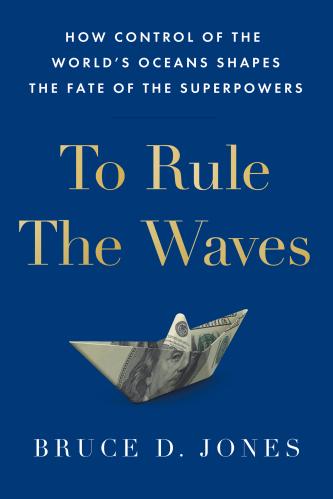
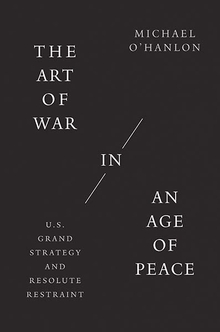
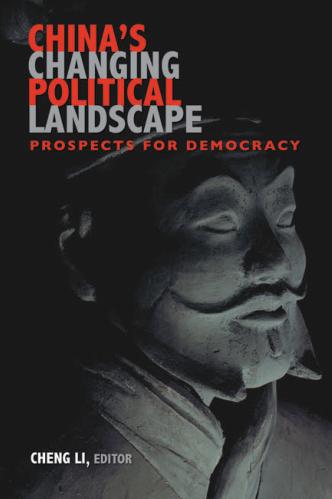
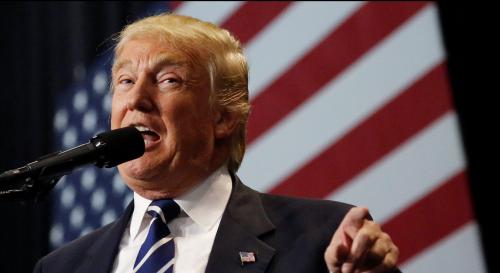
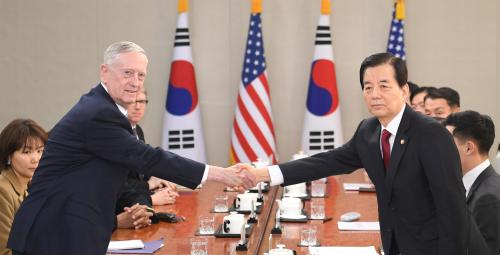
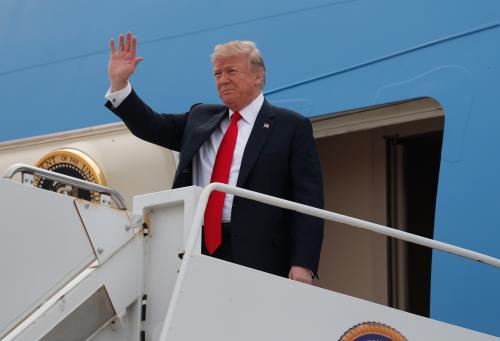




Commentary
On foreign policy, Trump isn’t a complete disaster
June 12, 2017